January 7, 2026
Surface Design Show announces the finalists in its awards programme
 The Surface Design Awards have announced the shortlist for the 2026 edition. The winners will be announced during the Surface Design Show in early February. The awards are intended to champion material excellence and design innovation from the UK and around the globe. The announcement follows a judging day with some of the design industry’s most respected experts deliberating and debating the entries. The organisers of the Surface Design Awards 2026 promise to “uncover and celebrate the very best in design excellence, offering a global platform for ground-breaking projects and product design”. (more…)
The Surface Design Awards have announced the shortlist for the 2026 edition. The winners will be announced during the Surface Design Show in early February. The awards are intended to champion material excellence and design innovation from the UK and around the globe. The announcement follows a judging day with some of the design industry’s most respected experts deliberating and debating the entries. The organisers of the Surface Design Awards 2026 promise to “uncover and celebrate the very best in design excellence, offering a global platform for ground-breaking projects and product design”. (more…)








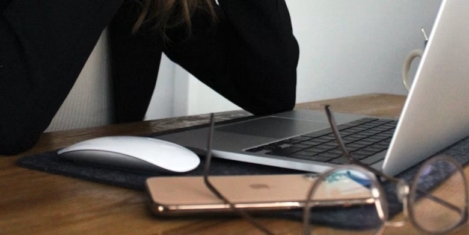

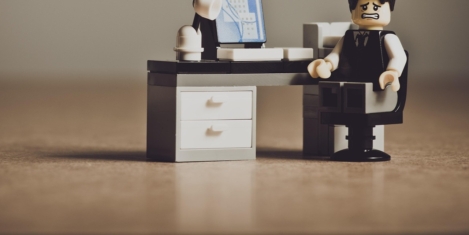
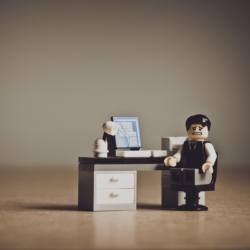








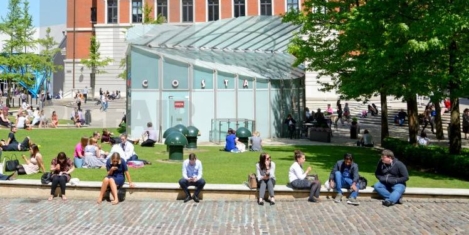
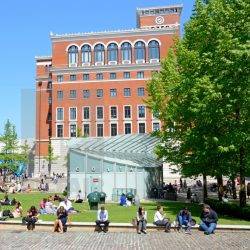


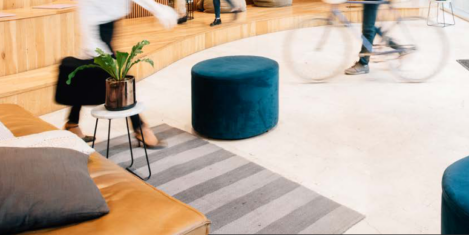
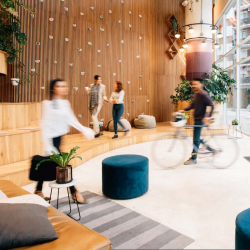









December 31, 2025
Networking skills should play a key role in workplace development
by Henry Strickland • Comment, Workplace